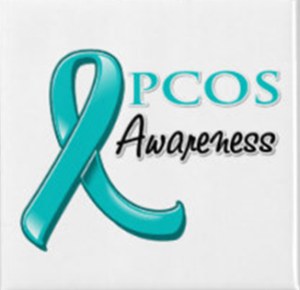PCOS is a common hormonal disorder in women, and once they hit menopause also, it doesn’t go away, though it is a common myth. Women of childbearing age are more likely to face PCOS (Polycystic Ovarian Syndrome) in their life. Over the last few decades, PCOS has always been the most debated subject. Researchers quote PCOS as a condition related to hormonal balance, but many discussions still revolve around PCOS and Menopause.
Women want to get a clear insight into this issue, which is one of the most important things affecting their personal life for generations. So in this article, we’ll shed light on the interesting facts in the context of PCOS and Menopause. And thereby, we’ll expose some hidden secrets and myths remaining to be uncovered.
Do PCOS and Menopause have a relation?
You’re a woman at the age of menopause, and suppose it has been 12 months since you haven’t had your periods. So this is a clear sign of menopause. However, 51 years old age is deemed as the right age when women encounter menopause in their life. On the other hand, women with PCOS conditions hit menopause late. But it’s a myth that menopause can cure PCOS. Women can still experience PCOS systems even though they are going through menopause.
Hormone Roles
Both PCOS and Menopause encompass different hormone roles, as stated below-
Hormones in PCOS
PCOS is the result of sex hormones’ imbalance, and the main reason behind PCOS is still unclear and research is still going on to put forward the exact definition of PCOS.
According to experts, in PCOS, women produce higher levels of male sex hormone (testosterone) more than usual. Also, PCOS leads to lower progesterone levels (female sex hormone).
However, increased male hormone (testosterone level) in their body leads to insulin resistance, which also creates imbalances in the blood sugar level. It directly ticks off the fact that women with PCOS tend to have a higher risk of the most unwelcome ‘type-2 diabetes.’ (source)
Apart from diabetes, women with PCOS are likely to face the below-stated issues-
- Unhealthy cholesterol level
- Anxiety and Depression
- Obesity
- High blood pressure
- Endometrial Cancer
- Stroke
- Chronic Inflammation
Hormones in Menopause
If we talk about menopause, it results from a decrease in estrogen and progesterone level in women. The drop in these female hormones begins before a woman hits menopause. This entire process is identified as a ‘perimenopause.’ Over time, women stop ovulating when the count of these female sex hormones becomes low enough.
Similarly, it leads to the end of her menstruating periods. But it doesn’t imply that this reduction in hormones can correct the hormone imbalances related to PCOS.
This comparison simplifies the conclusion that once a woman hits her 40s, she is close to menopause, but her menstrual cycle will stay normal if she already has PCOS.
What’s the best treatment for PCOS?
PCOS has no cure, but a few powerful clinically evaluated products can provide you promising results to trim down its symptoms to a high extent. FUROCYST® is one of them. It’s a clinically evaluated and patented product made up of single herb extract that is supposed to improve insulin resistance and hence, ultimately symptoms and root cause of PCOS.
Since it’s a natural product, you obtain maximum benefits without any negative impact on health.
People accept and appreciate the power of Furocyst globally. For effective PCOS management, it’s the top-quality product available in the market. You get this product with 60 capsules per bottle. It’s a reliable solution and delivers visible results within a few weeks. If you’re also fed up with your PCOS problem, then head to this product and end up buying it.
https://academic.oup.com/jcem/article/98/12/4629/2834024

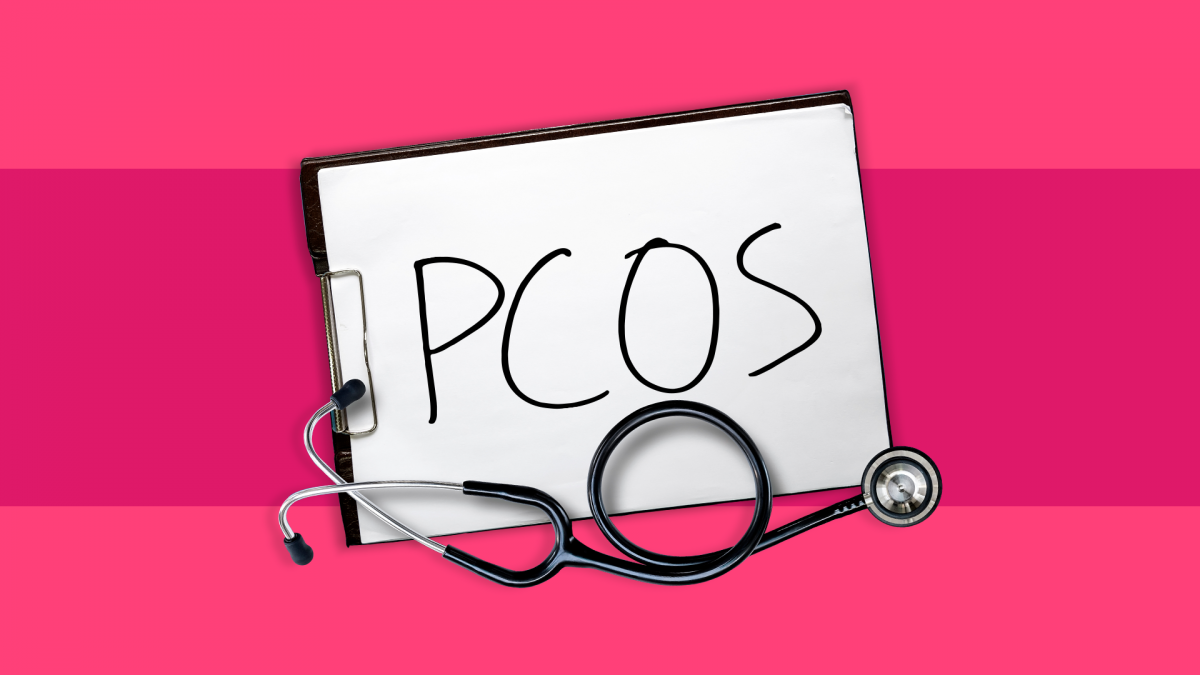
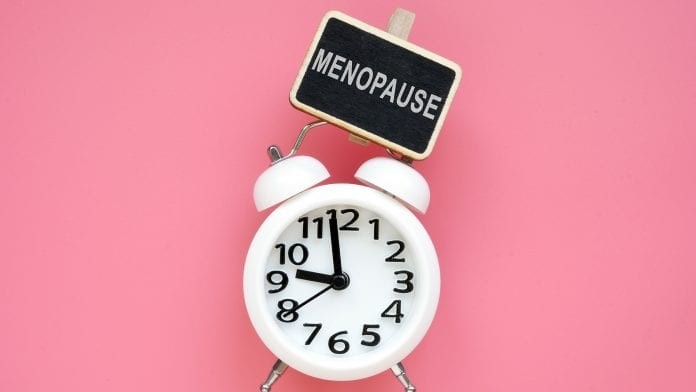
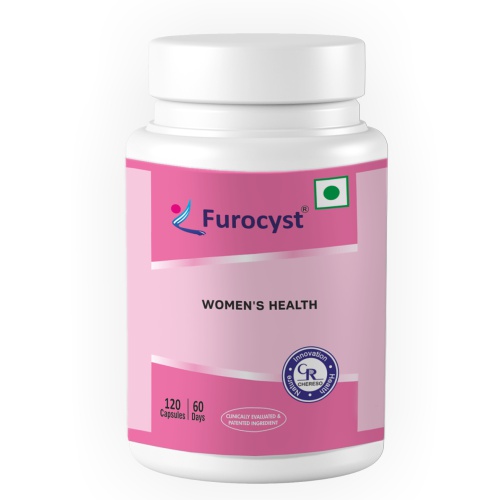
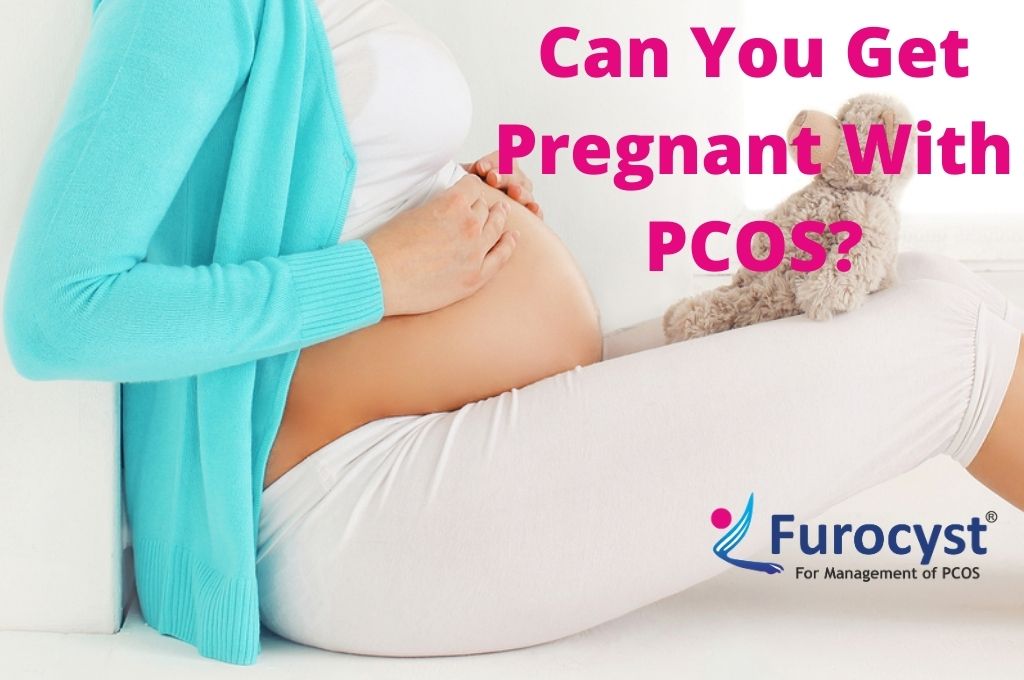



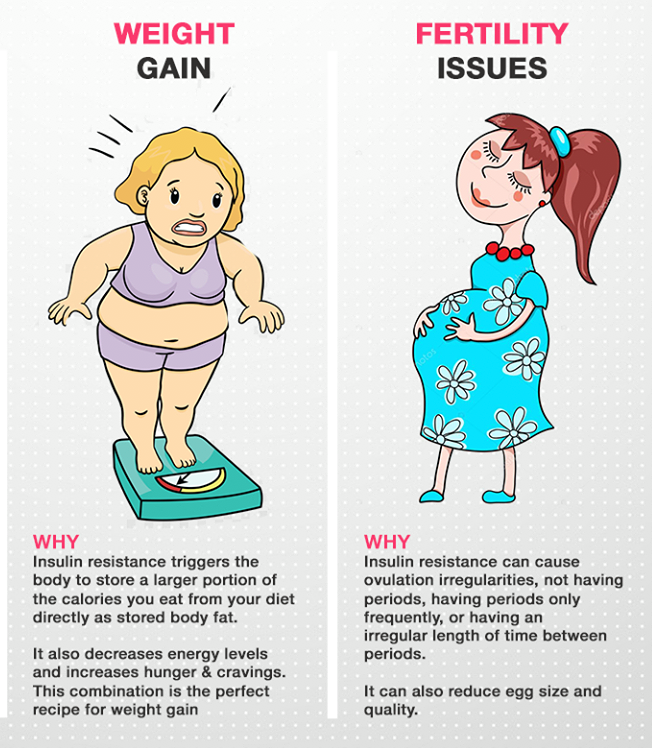

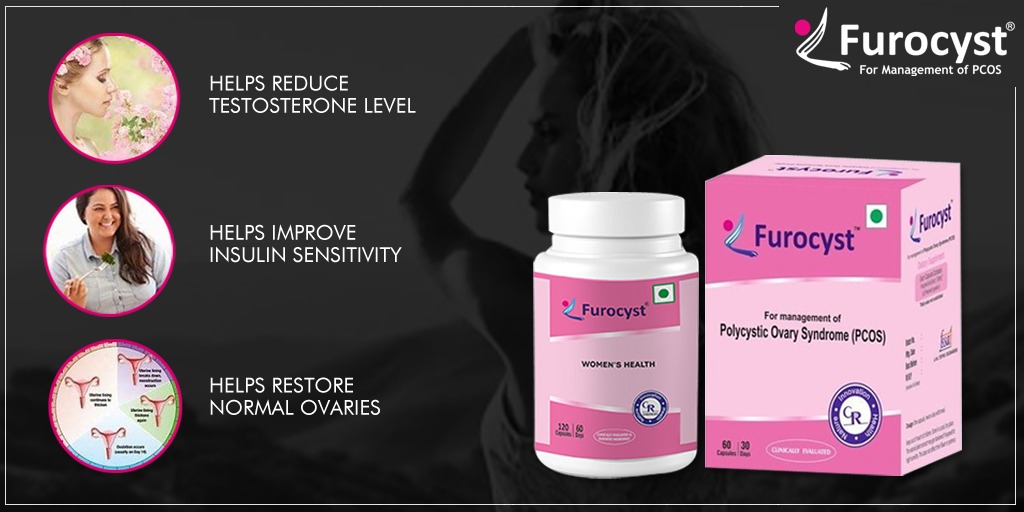

















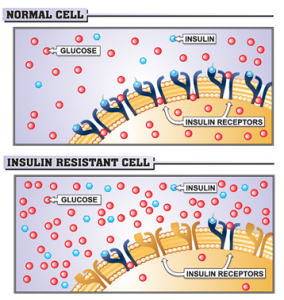
 It has been reported that fenugreek is an effective remedy to treat
It has been reported that fenugreek is an effective remedy to treat



